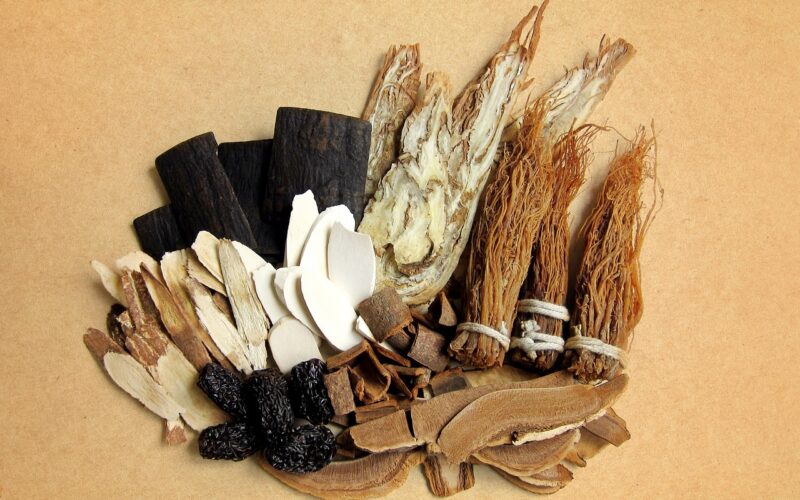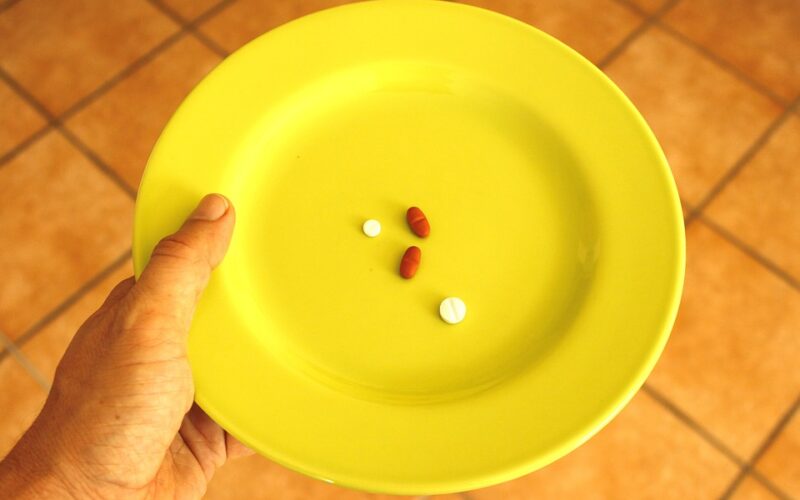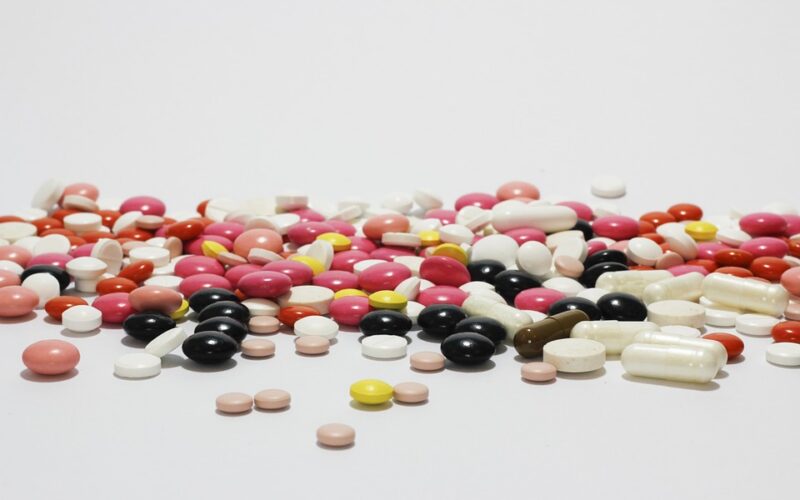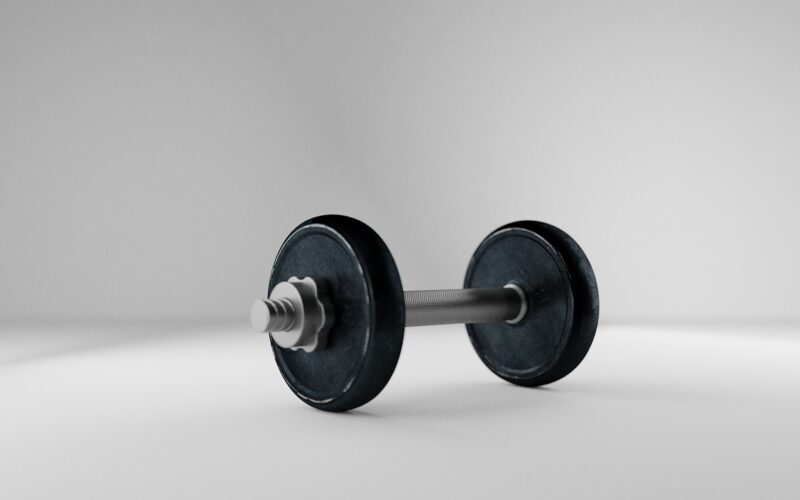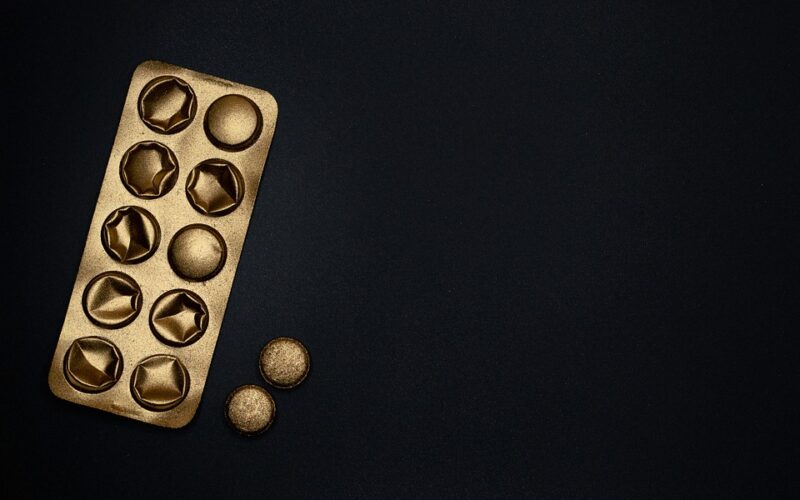Ancient Medicine
As modern medicine continues to advance, many people have begun to question whether all of the new treatments are really that much better than traditional forms of alternative medicine.
From Ayurveda in India to acupuncture and natural remedies in China, different cultures around the world have relied on these forms of healing for centuries, even millennia.
But now that there is a plethora of powerful medicines prescribed by doctors, many people find themselves facing the difficult decision: should they create their own home remedies or stick with modern medication?
Let's explore both sides of this debate and discuss why it's important to understand both perspectives before making a choice about your health care decisions.
History of traditional medicine
Traditional medicine has been practiced for thousands of years and can be traced back to ancient civilizations in China, India, and Egypt. These ancient societies relied on herbal remedies and natural treatments to heal various ailments.
As time progressed, traditional medicine evolved alongside scientific discoveries and advancements in technology. Today, the practice includes not only herbal remedies, but also acupuncture, massage therapy, and other alternative treatments.
Traditional medicine has also become more widely accepted in modern society, with many people turning to it as a complement or alternative to Western medicine. Despite its evolution, traditional medicine continues to be rooted in ancient principles of balance and harmony within the body, emphasizing the importance of treating the root cause of an illness rather than just its symptoms.
Traditional and modern medicine
As society advances, the question of whether traditional or modern medicine is best remains a topic of debate. Traditional medicine, developed over centuries, is rooted in the healing practices of various cultures. Its popularity ebbs and flows, but it remains a significant player in healthcare around the world.
On the other hand, modern medicine is tailored to fit the needs of a changing world. It is evidence-based, constantly being refined by practitioners and backed up by scientific research. Both approaches have their strengths and weaknesses. Traditional medicine is steeped in tradition and cultural significance, but can lack the rigorous scientific testing of modern medicine.
Modern medicine offers proven results, but may not always be accessible or appropriate for certain communities. Understanding the benefits and drawbacks of both types of medicine is key to making informed decisions about healthcare.
Home remedies
Home remedies have been used for centuries as a way to treat a variety of ailments and illnesses. These remedies often consist of ingredients found in the home or garden, and are prepared in a way that maximises their healing potential.
While modern medication has its benefits, many people turn to home remedies for their ease of use, affordability, and natural approach. Some studies have shown that certain home remedies can be just as effective as modern medications in treating everything from headaches to infections. Of course, it's important to remember that not all home remedies are safe or effective, and some may even have harmful side effects.
Therefore, it is always important to consult with a healthcare professional before trying any new home remedy.
Alleviate various ailments
Home remedies have long been used as a natural way to alleviate various ailments. There are both benefits and drawbacks to creating your own remedies at home. One of the advantages is cost-effectiveness. Many natural ingredients used in homemade remedies can be found in your pantry or at a local grocery store, making them an affordable option.
Additionally, some people prefer natural remedies as they believe they have fewer harmful side effects than pharmaceuticals. However, it's important to remember that not all natural remedies are effective and safe. Some may even be harmful if not used properly. It's important to do your research and consult with a healthcare professional before trying any new remedy.
Overall, home remedies can be a great option when used correctly, but caution must be exercised to avoid any negative consequences.
Creating your own home remedies
When it comes to treating minor ailments and discomforts at home, creating your own home remedies can be a game-changer. Not only are they often more cost-effective, but they can also give you the peace of mind that comes with knowing exactly what ingredients are going into your body. By using easy-to-find ingredients like herbs, essential oils, and kitchen staples, you can create effective remedies for a variety of issues, from soothing a sore throat to easing a headache.
But before you start mixing up your own concoctions, it's important to do some research and understand the properties of the ingredients you'll be using. With a little knowledge and creativity, you can become your own at-home alchemist and take control of your health and wellness.
Looking into the future
As the world continues to progress, the use of traditional alternative medicines and home remedies remain prevalent in most societies. While these remedies may alleviate some symptoms or conditions, it is important to assess the potential risks and opportunities that come with relying solely on them.
Due to a lack of scientific evidence, traditional alternative medicines may not always be effective and can result in adverse side effects. In contrast, modern medications undergo extensive testing and have been proven to work safely and effectively.
However, incorporating both modern medicine and traditional remedies can provide a more holistic approach to healthcare. In the future, it is crucial to recognise the potential risks and benefits of both options to make informed decisions on the type of treatment to pursue.
